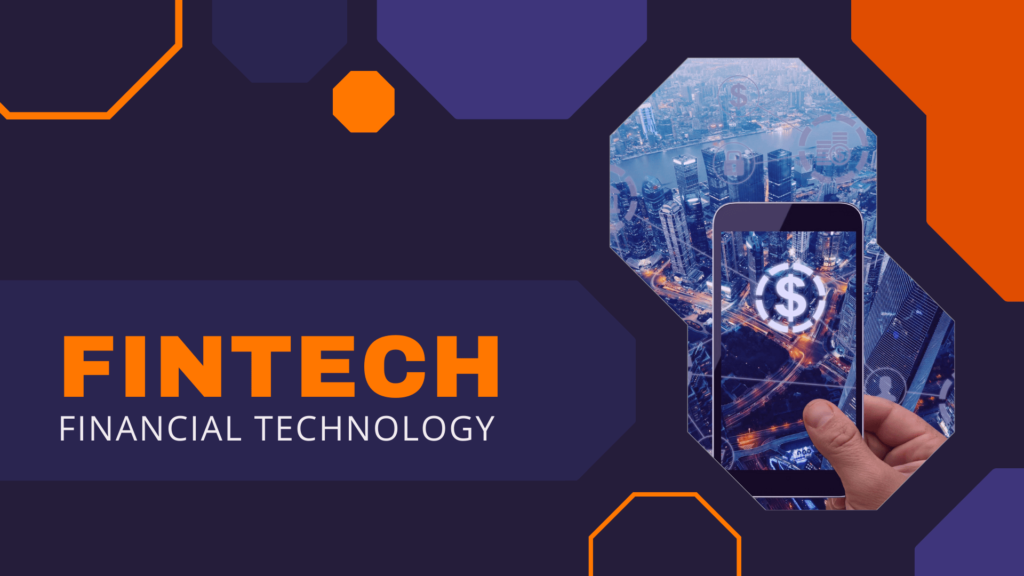The Role of Automation in Tax Compliance for Fintech Companies
As the financial technology landscape evolves in 2024, the adoption of automation in tax compliance is becoming increasingly vital. Automation tools are reshaping how fintech companies manage their tax obligations, offering faster, more accurate processing of tax returns and reports. Leading software providers like TaxJar and Avalara are utilizing automation to streamline tax calculations, ensuring fintech companies can stay compliant with changing tax laws. Automated tax systems are particularly advantageous for fintech firms that deal with large volumes of transactions, especially in e-commerce or digital platforms. These systems automatically calculate sales taxes, handle state and local tax variations, and update tax rates based on the latest legislative changes. This eliminates manual errors and reduces the need for labor-intensive processes, saving businesses both time and money. In addition to automating calculations, tax compliance software now includes features that allow businesses to instantly file taxes, making it easier for them to meet deadlines and avoid penalties. With automated filing, fintech companies are better equipped to handle the complexity of taxation and compliance, regardless of the jurisdiction in which they operate. Another key benefit of automation in tax compliance is its ability to integrate seamlessly with other financial systems, such as accounting or invoicing platforms. This creates a unified ecosystem that ensures data consistency across all financial operations, providing a more holistic view of a company’s tax liabilities and financial health. Looking ahead to 2024, fintech companies that invest in automation will have a significant competitive advantage in the marketplace. Not only will they be able to handle complex tax scenarios with ease, but they will also be able to adapt quickly to changing regulations, ensuring ongoing compliance and efficiency.


